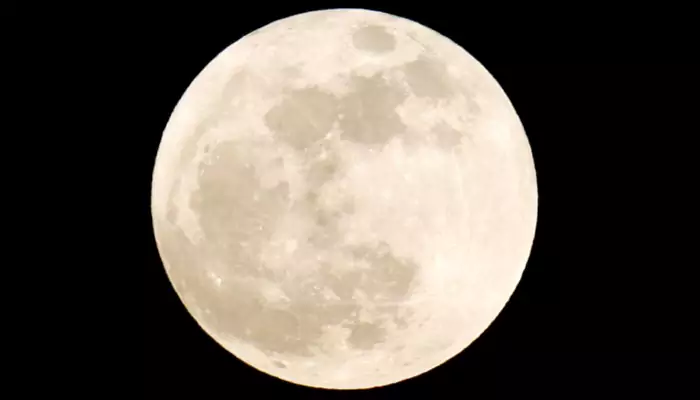Surprising Facts You Didn't Know About Apollo 11
Possibilities in the universe shifted on July 20th, 1969, when the Apollo 11 astronaut, Neil Armstrong became the first human to walk on the surface of the moon, taking “one giant leap for mankind.”
- Ishani Karmakar
- 08 September, 2024
- 2 mins ago

Surprising Facts You Didn't Know About Apollo 11
Possibilities in the universe shifted on July 20th, 1969, when the Apollo 11 astronaut, Neil Armstrong became the first human to walk on the surface of the moon, taking “one giant leap for mankind.”
When Armstrong went down the ladder and onto the moon, the United States achieved an audacious vision. It was a feat for the ages. Along the way to achieving John F. Kennedy’s vision, there was a lot of hard work, surprise, and drama. So, let us take off with four lesser-known facts about the famous moon landing mission of Apollo 11.
Moon dirt has an odor
The NASA team was faced with a big question while planning the Apollo 11 moon landing, that is, what would the surface of the moon be like. The surface of the moon is solid but is extremely clingy and very difficult to brush off. The lunar dirt had clung to the suits of Armstrong and Aldrin and when they entered the lunar module’s cabin the dirt began to emit an odor. The astronauts described the odor as being familiar to a burned smell, like that of wet fireplace ashes, or like the air after a fireworks show. But when the rock samples from the moon soil were brought back to earth, the smell was gone.
JFK was keener on beating the Soviets than in space
President John F. Kennedy had publicly pledged that the United States would “set sail on this new sea because there is new knowledge to be gained, and new rights to be won, and they must be won and used for the progress of all people.” However, it was later revealed that JFK was more interested in competing with the Soviets than in space explorations.
The Soviets covered up their efforts to get to the moon first
Alongside the United States, it turns out, that the Soviet Union was also wanting to assert its dominance by sending humans to the moon. But after American astronauts accomplished the feat first, the Soviets tried to keep their efforts on the down-low.

Holy Communion on the moon
When the Eagle lunar module of Apollo 11 landed on the moon, Buzz Aldrin did something that was never attempted before. Overwhelmed by anticipation, he took part in the first Christian sacrament ever performed on the moon—a rite of Christian communion.
After the Apollo 11 astronauts returned to earth, NASA had quarantined them for 21 days in case they’d brought back moon germs.





